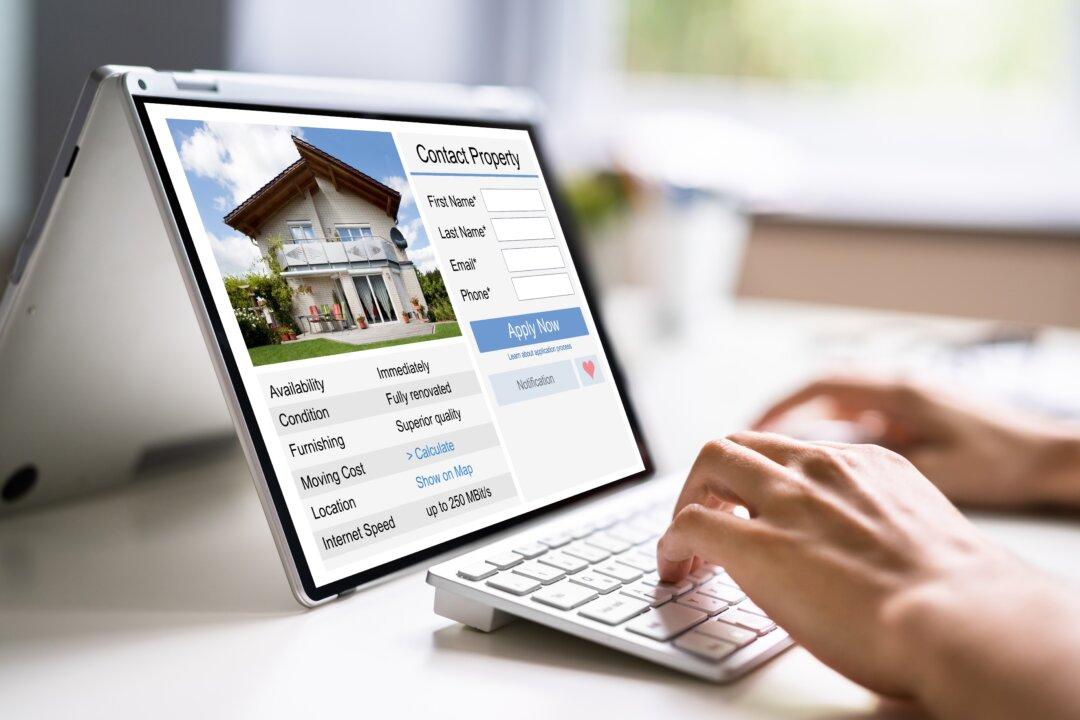High mortgage rates are keeping homebuyers away from the market, with home sales this year expected to hit the lowest level since 2008.
For the week ended Oct. 20, the 30-year fixed mortgage rate hit 7.9 percent, “the highest since 2000,” said Joel Kan, vice president at Mortgage Bankers Association. Mortgage rates have risen for “seven consecutive weeks,” which has had a massive negative effect on homebuyer demand, he said.





